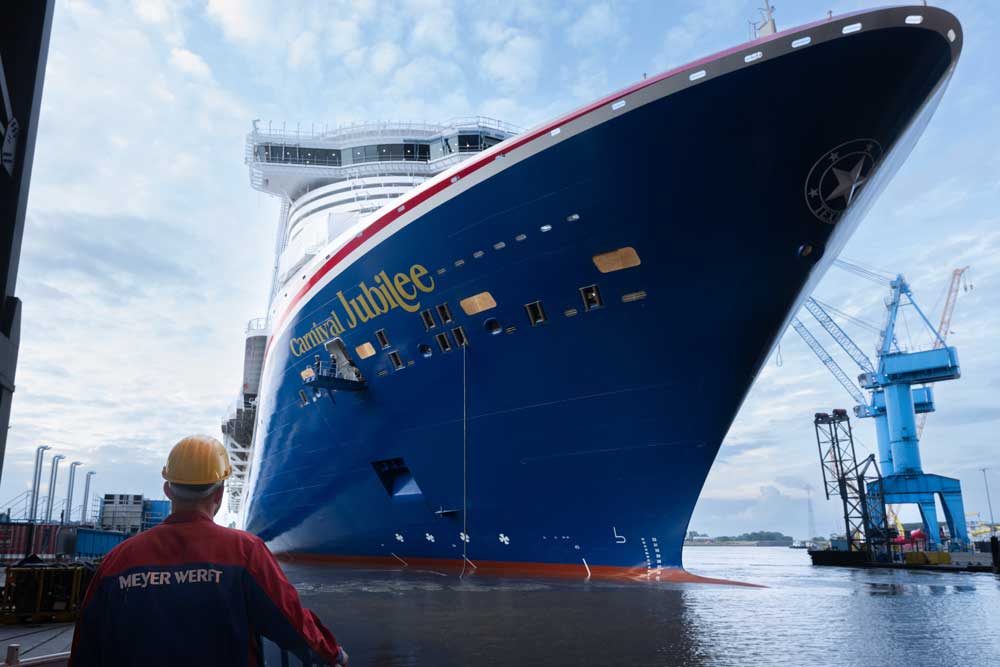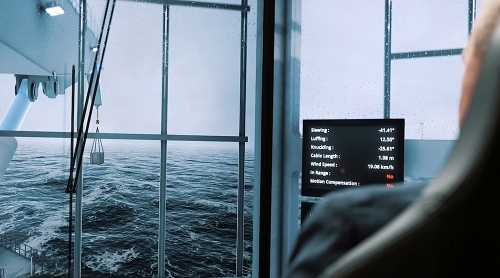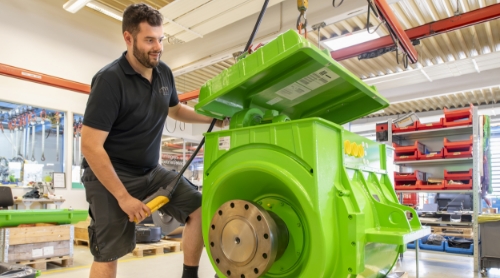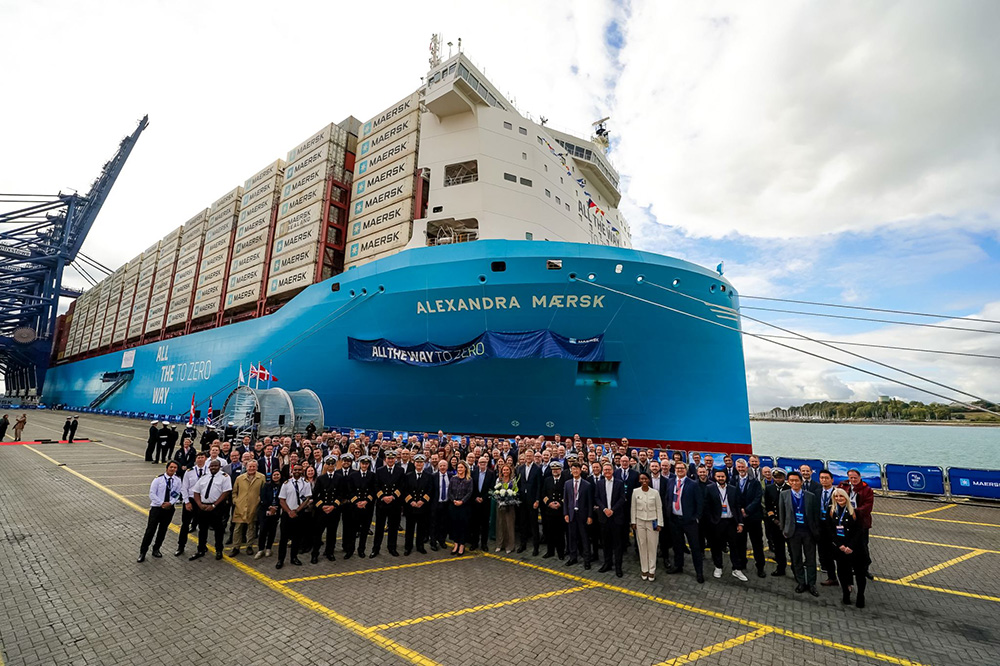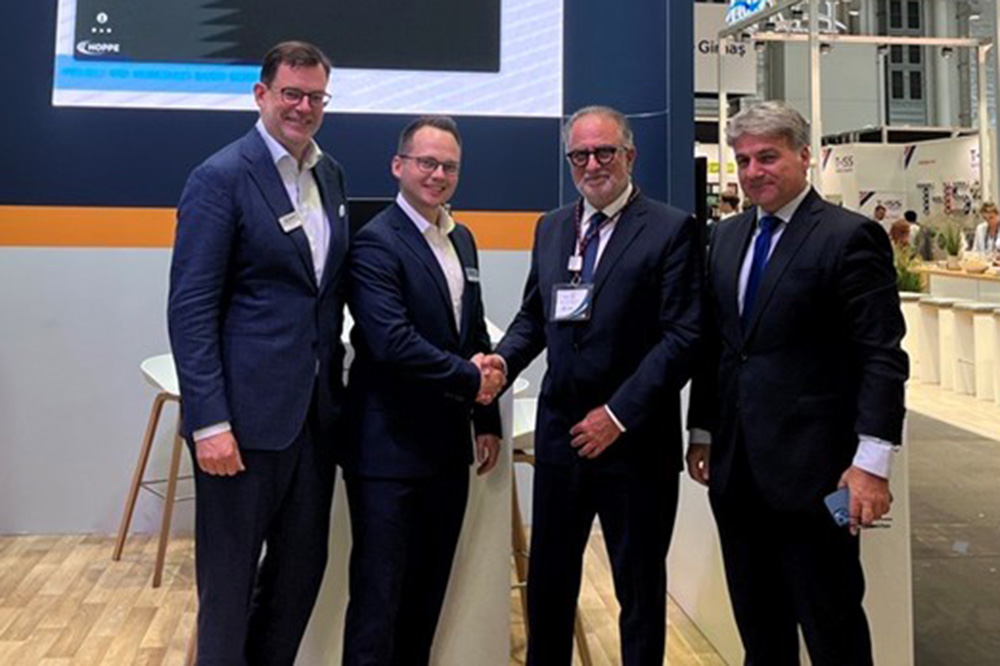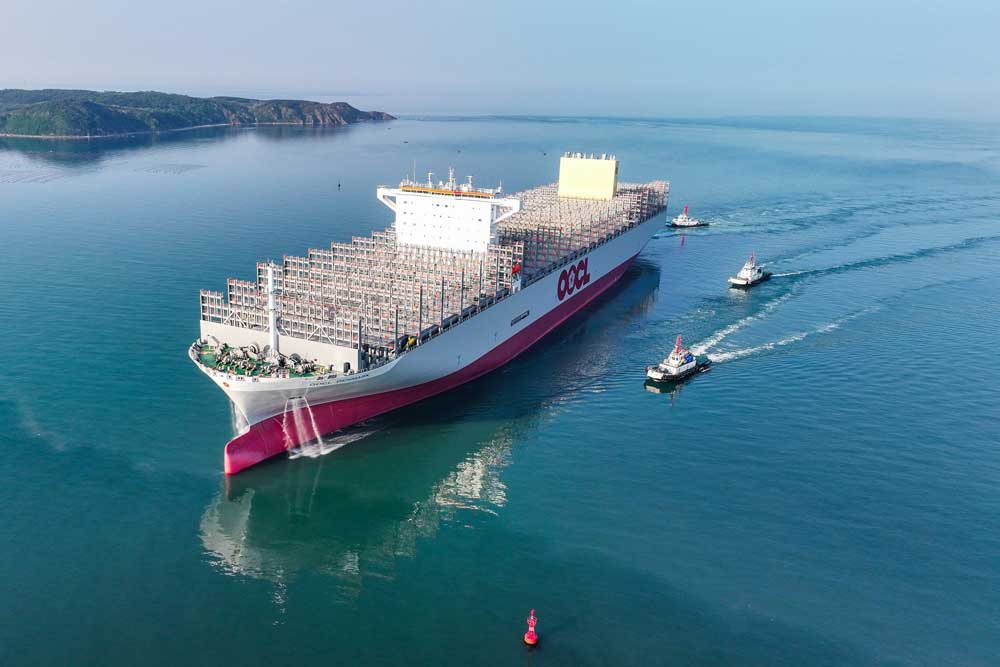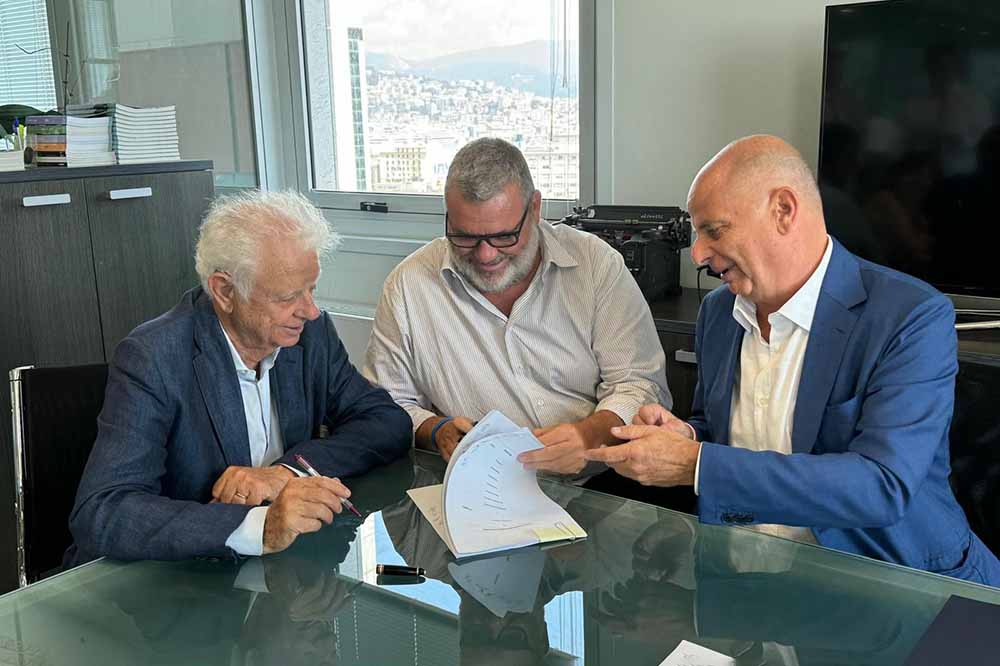Now there is certainty. At the financially stricken Meyer Werft shipyard in Papenburg, 340 of the approximately 3,300 people directly employed by the cruise ship builder will lose their jobs.
The IG Metall trade union, the shipyard’s works council and the management have also agreed on further key points for restructuring the company. The shipyard is open to investors.
Meyer Werft CEO Bernd Eikens, restructuring expert Ralf Schmitz, works council chairman Andreas Hensen and the IG Metall representative for Leer and Papenburg, Thomas Gelder, and Heiko Messerschmidt from IG Metall Küste appeared united at a press conference on Wednesday afternoon.
Works Council Chairman Andreas Hensen emphasized that he was grateful for the unanimous signing of a key points paper. This initially includes job cuts of 340 instead of the 440 initially planned. “Of these, 100 temporary positions will be phased out. We want to avoid redundancies where possible,” said Hensen. In return, the agreement guarantees a workforce of at least 3,100 employees, including at least 1,200 employees in production at Meyer Werft and job security until the end of 2030.
Most recently, political representatives criticised the shipyard’s headquarters in Luxembourg. This is now to be moved back to Germany and a Supervisory Board and a Group Works Council are to be set up.
Meyer Werft CEO Bernd Eikens, who has been working for the company since December last year, praised the joint agreement and emphasised: “The Meyer family, which owns the company, has invested in the company for decades and reinvested profits. Now we have to become more profitable again. The framework agreement is an important building block for the future of the shipyard and the workforce.” According to Eikens, however, further steps must follow. “The future of the company, employees and suppliers in the region and beyond is at stake. Today, the importance of Meyer Werft for the region and Germany as a maritime location cannot be overestimated,” continued Eikens.
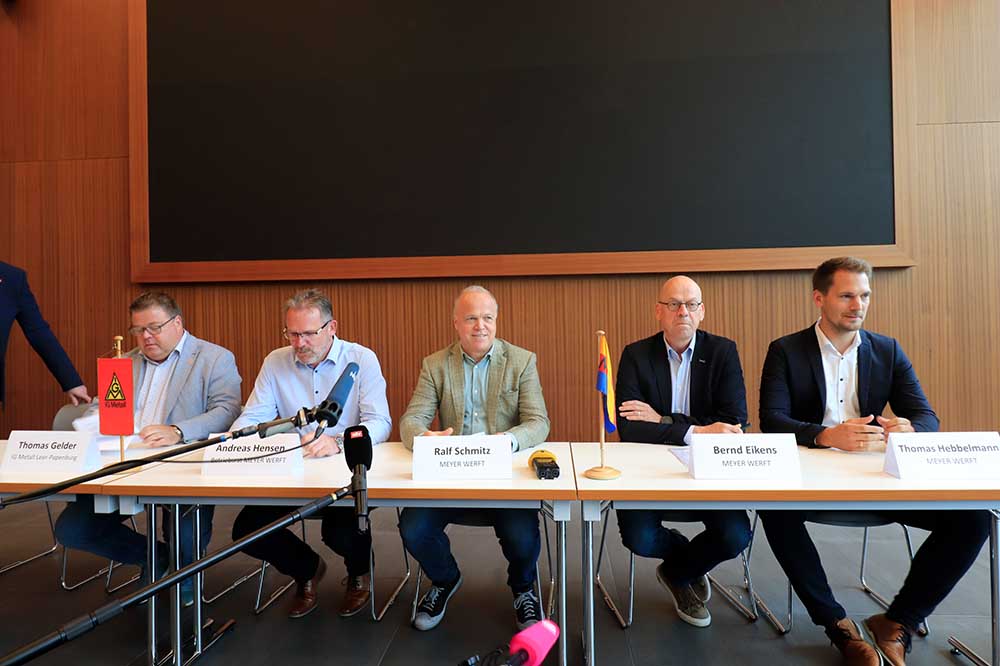
Meyer Werft CEO Eikens: “The prospects are good”
In dialog with customers, the CEO was optimistic: “The prospects for cruises are good, we expect the market to grow by six percent over the next ten years.”
Ralf Schmitz, Chief Restructuring Officer at Meyer Werft, looked back on an emotionally charged atmosphere during the negotiations, “the likes of which I rarely experience in companies”. A considerable result has now been achieved in the interests of the employees and the entire Meyer Group. “This is an important step on the way to a successful restructuring of the company,” said Schmitz. Nevertheless, after the state, which is one hundred percent behind the shipyard and knows the importance of Meyer Werft for the region and the maritime economy, the support of the federal government is now required to secure the location.
The ball is in the politicians’ court
“We still have a long way to go, but Meyer Werft has prospects with outstanding products, a market for these products and customers who demand them. If we do not manage to save this shipyard together, this would also have an immense impact on the entire maritime industry and a broad supplier network,” said Schmitz.
The IG Metall Küste trade union also believes that the ball is now in the court of federal politicians: “We have pulled together here, we have fought hard and reached a reasonable agreement. Nevertheless, this has not saved the shipyard,” said Heiko Messerschmidt from the IG Metall district on the coast. This would require help from the German government. “Now we need appropriate signals from Berlin and these must come very, very quickly,” said Messerschmidt. This is necessary to preserve the shipyard and the jobs.
If necessary, the company is also prepared to exert pressure in Berlin and take to the streets to highlight the importance of Meyer Werft. “It’s not just Meyer Werft, it’s the core of civil shipbuilding, and it must not be allowed to fall,” Messerschmidt continued.
“Carnival Jubilee” at the Meyer Werft shipyard
Meyer open to investors joining the company
In a joint written statement published after the press conference, the longstanding senior partner Bernard Meyer and his sons Jan, Tim and Paul explained that the family’s primary concern was the successful continuation of the family business.
“The framework agreement now concluded by the management and employee representatives is the basis for a positive future perspective for Meyer Werft. It is a resilient solution in the interests of the company, its employees and suppliers, and therefore for the region and Germany as a maritime location.” In their statement, the family added that they supported the prospective formation of a Supervisory Board and were convinced that this body would work together constructively and with foresight. At the same time, the Meyer family is open to the entry of investors. “Meyer Werft is attractive for a temporary entry of new shareholders, and this is exactly what the framework agreement allows – regardless of whether the investor is public or private.”
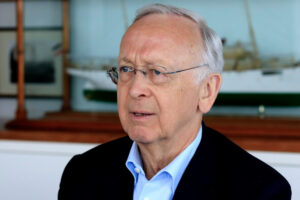
As a result of the after-effects of the coronavirus pandemic, price increases due to the Urkaine war and inflation, the Papenburg-based family business has fallen into acute difficulties. This is despite the fact that the US shipping company Carnival Cruise Line ordered two new cruise ships at the beginning of the year. At the end of May, the shipyard announced its intention to cut up to 440 jobs. After considerable resistance from the workforce, works council, trade union and some politicians, negotiations on the job cuts have been underway since the beginning of June.
This is necessary, among other things, because Meyer Werft had grown to an order volume of up to four cruise ships per year before the pandemic. There is also a financing gap of €2.7bn, which both the state of Lower Saxony and the federal government are expected to help with.
Nevertheless, the Papenburg-based company has a good order situation with a total of six cruise ships, one research vessel and the steel construction for four offshore converter platforms. The 80% pre-financing of the construction sums and repayments of bank loans amounting to €500m are causing the financial burden.
At initial meetings within the Lower Saxony state government in Hanover, political representatives recently spoke out unanimously in favour of supporting the shipyard. (CA)






